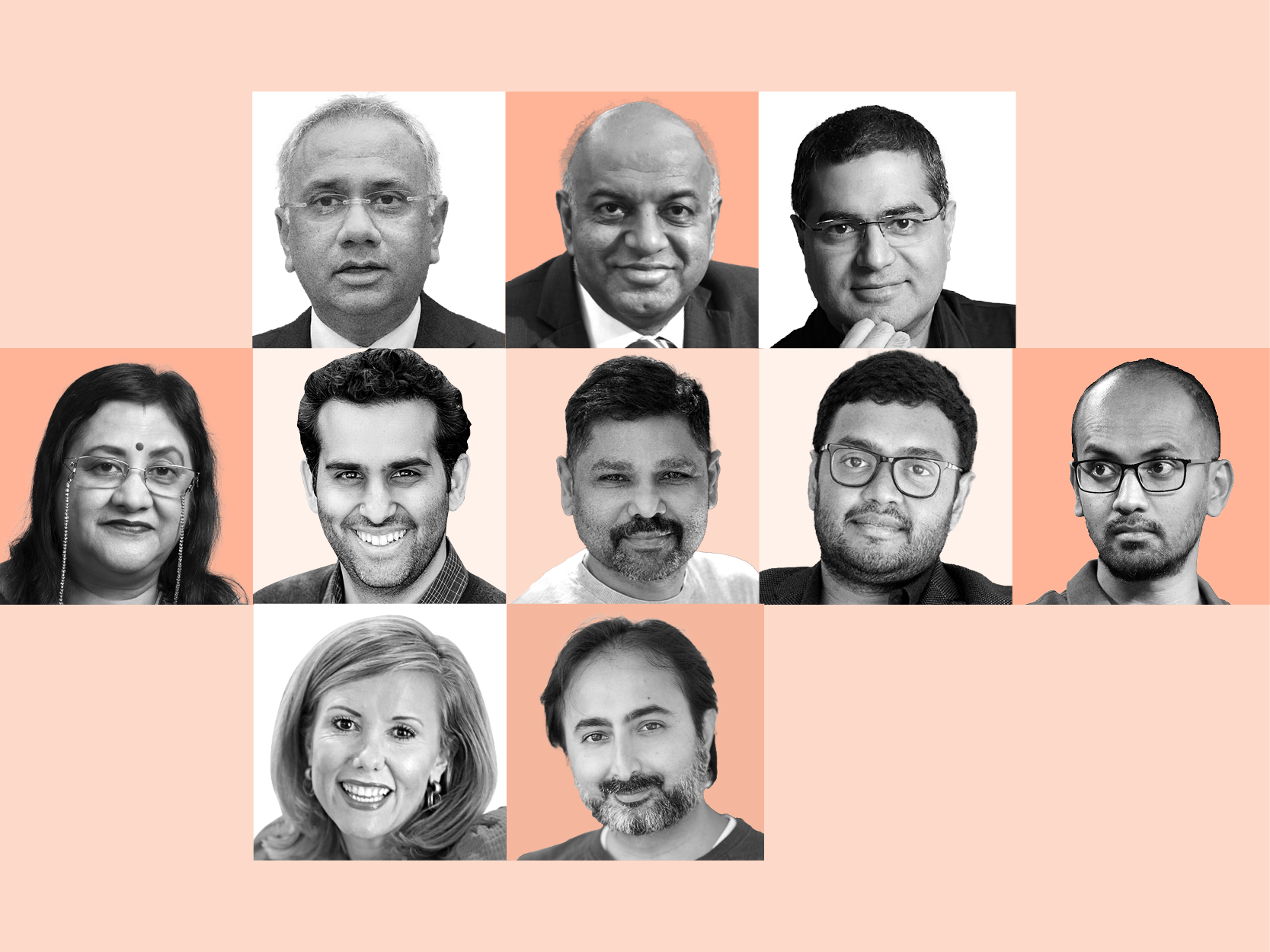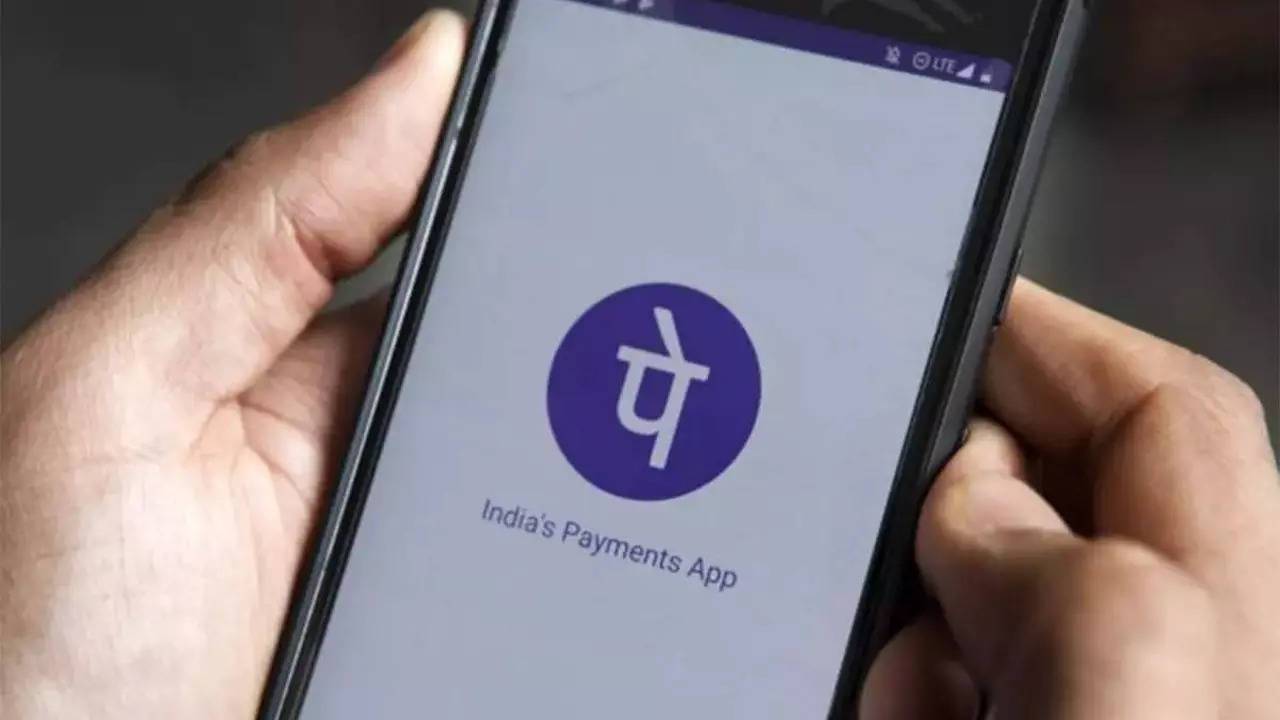It’s not clear if he was just being a twit or conveying a message that Twitter had a ton of troubles (kitchen sinking refers to acknowledging every bit of bad news in one go). But at the very least, it looks like he is finally buying Twitter. And he clarified that he would not be firing 75% of the staff, as had been speculated.
But there could be more twists in this pretzel-shaped tale before the Friday court deadline to close the deal passes. And for all the world knows, the maverick boss may still fire 74% of the staff.
Credit: Twitter (@elonmusk)
Also in this letter
■ Udaan taps into convertible notes route to raise $120 million
■ ETSA 2022: High-powered jury to pick winners tomorrow
■ CCI order opens door for PhonePe-backed IndusOS
Not planning to fire 75% after takeover: Elon Musk tells Twitter staff

Elon Musk does not plan to cut 75% of Twitter’s staff when he takes over the company, Bloomberg has reported. It said the tech billionaire had assured employees of the microblogging platform on Wednesday that there would be no mass cull.
Musk, whose $44-billion Twitter deal looks on track to close by Friday, denied the previously reported number in an address to employees at the company’s San Francisco office, the report added.
U-turn: Musk’s assurance should have Twitter employees heaving a sigh of relief after a report in The Washington Post last week suggested that he plans to fire 75% of Twitter’s staff once he assumes control of the firm.
According to the report, Musk told prospective investors who may back his Twitter purchase that he plans to lay off nearly three-fourths of Twitter’s employee base of 7,500 workers, leaving the company with a skeleton crew. The report had cited documents and unnamed sources familiar with the deliberations.
Let that ‘sink in’: Apart from walking in with a sink and changing his Twitter bio to Chief Twit, Musk also posted some conventional messages, including “Meeting a lot of cool people at Twitter today!”.
He also shared his views about Twitter, reiterating what he had said was his main motive to acquire the company: “A beautiful thing about Twitter is how it empowers citizen journalism — people are able to disseminate news without an establishment bias.”
NYSE delisting: Twitter Inc shares will be suspended from trading on Friday, the New York Stock Exchange’s website showed, ahead of the court-ordered October 28 deadline to close the $44-billion deal.
Reuters had reported on Tuesday that equity investors, including Sequoia Capital, Binance, Qatar Investment Authority and others, had received the requisite paperwork for the financing commitment from Musk’s lawyers.
Also Read | Elon Musk says Twitter cannot be ‘free-for-all hellscape’, reveals why he bought it
Udaan raises $120 million via convertible notes, IPO delayed

Business-to-business ecommerce startup Udaan has raised $120 million through convertible debt notes and debt from existing shareholders and bondholders, the company’s chief financial officer Aditya Pande said in an internal email to employees.
Sources told us that $30-50 million is expected to come in another tranche.
Quote Unquote: “With this round, the total funds raised by Udaan through convertible notes and debt in the last four quarters have crossed $350 million, making it one of the largest structured instrument fundraises in the country,” the CFO wrote in his mail.
He added: “Continued focus on customer-first thinking and initiatives on strengthening our value proposition for them have resulted in monthly buyer repeat rates increasing by 5% in the last 2 quarters.”
IPO delayed: Pande said in the note that the company is planning to go public in the next 12-18 months, signalling a delay in its plans for the initial public offering (IPO). The delay comes at a time when most startups are extremely cautious about going public as most investors are wary of placing heavy bets.
Udaan chief executive officer Vaibhav Gupta told us in February that the company was planning to go public by May 2023. However, we reported on October 12 that the IPO plans were likely to be delayed by another two quarters owing to the global economic slowdown.
Tapping alternative routes: As dealmaking becomes more difficult, many companies are resorting to raising funds through debt instruments, thereby preserving valuation.
We had reported on how online pharmacy marketplace PharmEasy, which scrapped its plans to go public, is also looking to raise about $100 million through convertible notes. In January, Udaan had also raised $200 million through the same route from a group of investors before Microsoft pitched in, taking the total to about $225 million.
Meta’s earnings hit, profit slides over 50% as ad revenues dwindle

Facebook-parent Meta reported a 4% drop in its third quarter revenue to $27.7 billion, from $29 billion a year earlier. Net income stood at $4.4 billion, down 52% from a year ago as spending soared by 19%.
Meta’s earnings have been hit hard by its spending on the metaverse and slowing social networking and digital advertising growth. Meta’s stock price has nosedived 61% in the year to date.
Metaverse, a white elephant? Meta said its Reality Labs division, which is responsible for the virtual reality and augmented reality efforts that are central to the metaverse, had lost $3.7 billion compared with $2.6 billion a year earlier. It said operating losses for the division would grow “significantly” next year.
“Even excluding its large metaverse investment, Meta has gone from $15B in annual capex in 2018, 2019, and 2020 to $30B in annual capex in 2022. To put that in perspective, excluding your large metaverse investment, Meta is investing more in capex than Apple, Tesla, Twitter, Snap and Uber combined!” wrote Meta shareholder and CEO of Altimeter Capital Brad Gerstner.
Instagram a saving grace: Meta Platforms Inc’s Instagram now has 2 billion monthly active users worldwide, closing in on the 2.96 billion who use Facebook, in a sign of the social media giant’s shifting makeup.
During its quarterly earnings call, Meta said more than 2 billion people now use its messaging app WhatsApp every day. Total monthly users for its family of apps number 3.71 billion worldwide.
ETSA 2022: High-powered jury to pick winners tomorrow

The 2022 edition of the Economic Times Startup Awards will see its high-powered jury pick winners across nine categories tomorrow to celebrate the excellence of the burgeoning Indian startup ecosystem.
Led by Salil Parekh, chief executive and managing director of Infosys, the jury will meet virtually to choose the winners, at a time when the global startup and technology ecosystem is being roiled by economic and geopolitical uncertainty.
Nominees revealed: So far, we have revealed the nominees in 7 categories – Bootstrap Champ, Top Innovator, Comeback Kid, Social Enterprise, Best on Campus, Woman Ahead, and Midas Touch, with each category having five nominations.
Jury Speak: Jurors Sanjeev Bikhchandani and Arundhati Bhattacharya believe growth at all costs is very 2020 and the startup world has been forced to move on. What matters today is good unit economics, sustainability, and a path to profitability. And solving complex socio-economic challenges across multiple sectors.
Sharing their views on what they will be looking for among the contenders, jury members Shailendra Singh, Sriharhsa Majety, and Sahil Barua said a startup that has a resilient business model, built with a long-term mindset that will see it become a corporate giant in the next decade or so, will be a clear winner.
Watch this space tomorrow to know more!
TWEET OF THE DAY
CCI order opens Play Store door to PhonePe’s Indus app

The Competition Commission of India’s order against Google, directing the technology giant to allow alternative app stores inside its default Play Store on the Android ecosystem, will help PhonePe-owned Indus App Bazaar reach users directly and scale up, a top official told us.
But how? “This will help us provide a choice to users and help in scaling the business for apps with finer services,” Indus App Bazaar cofounder Rakesh Deshmukh told ET. “We will continue our work towards building a seamless experience for the user, which can only happen once Google allows the same Android permissions the Play Store has, such as installing from unknown sources, etc,” he said.
Old player: IndusOS, one of the few operating systems of Indian origin, started in 2013, with an emphasis on Indian languages.
Before the Chinese invasion of the smartphone market, IndusOS powered over 100 smartphone models, from brands such as Micromax, Celkon, Karbonn, Swipe and Intex, among others. It was the second-largest operating system in India in 2016, behind Android but ahead of iOS and Windows Mobile.
Today’s ETtech Top 5 newsletter was curated by Gaurab Dasgupta in New Delhi and Siddharth Sharma in Bengaluru. Graphics and illustrations by Rahul Awasthi.
























